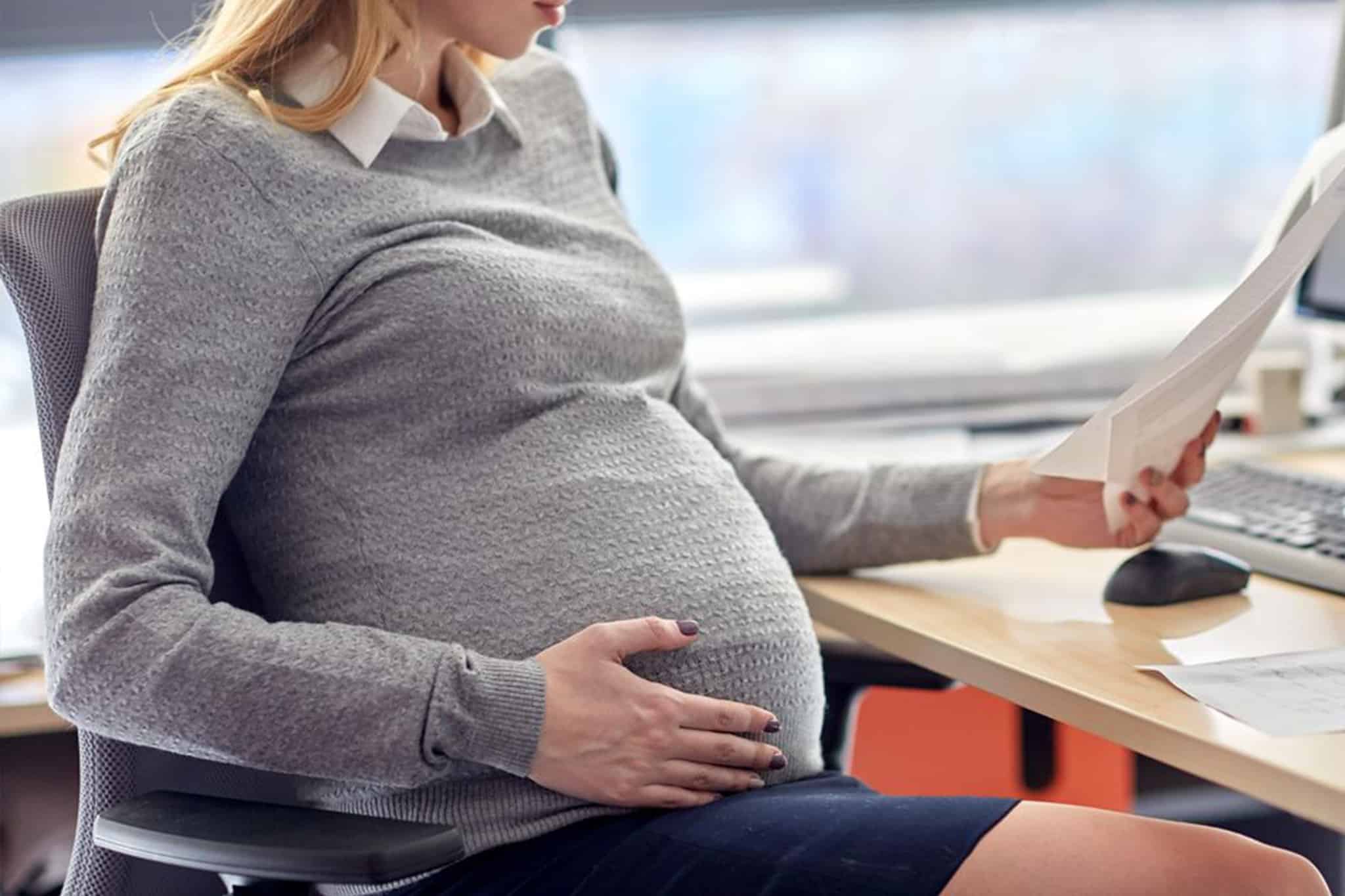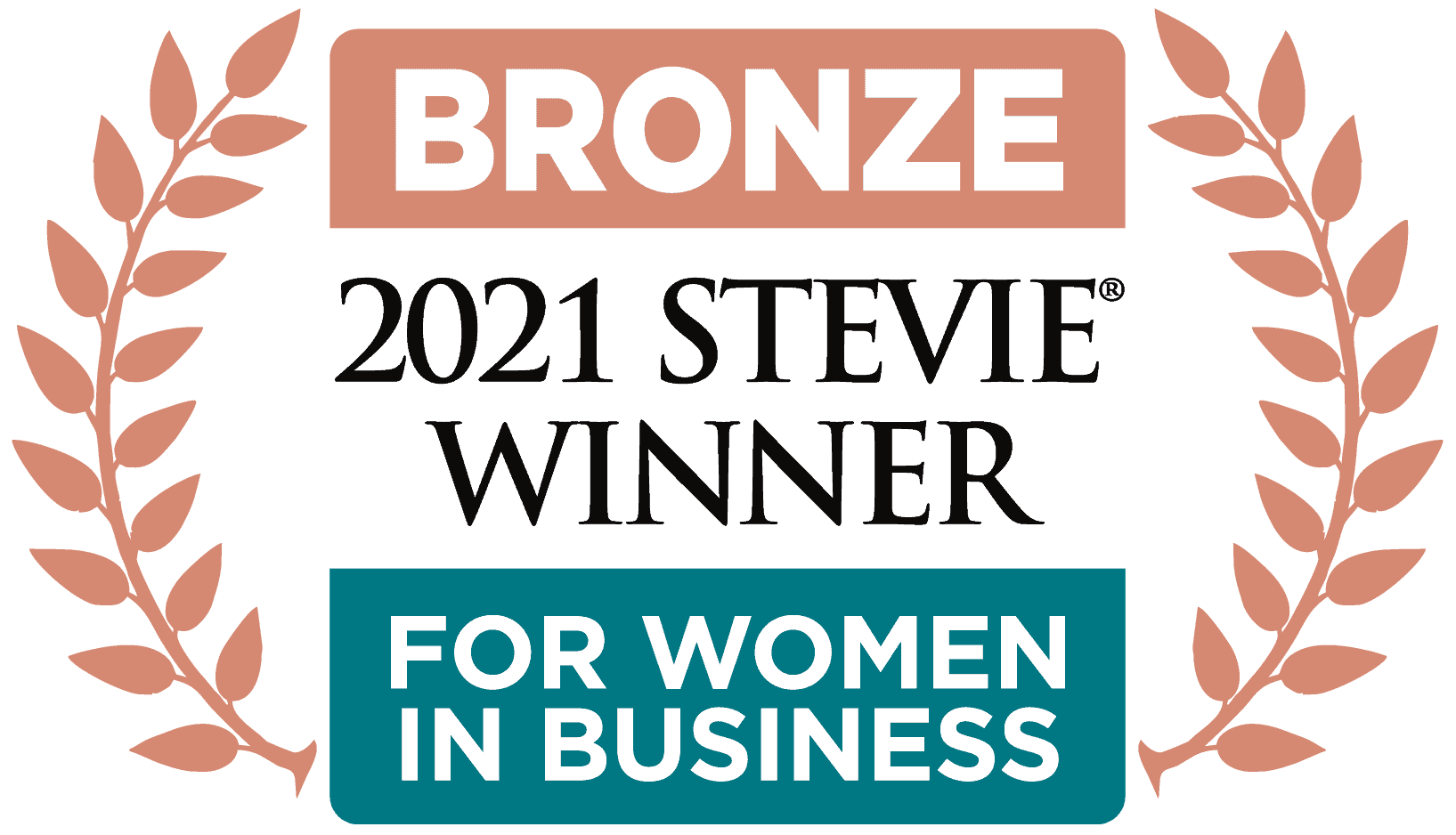Being a woman and a lawyer has not always been easy. At law school in the early ’00s there were already more women than men studying law. But at the firm where I began working, first as a secretary, and then as a paralegal, I couldn’t help but notice that although there were similar numbers of male and female lawyers, there was only one female partner for the ten males. In fact all the senior positions were dominated by men, and I was one of many women who dominated the support staff.
But the natural progression seemed to be self-evident; eventually, as all of us became more senior, there would logically be more women lawyers as senior associates and then more women partners.
Right now, I’m looking at a recent AFR article, and women still only make up 27% of partners. Why is that? We’re losing intelligent, courageous, ambitious young women.
In 2020, this is absurd. Women law graduates now outnumber male graduates 2 to 1. And there have been around equal numbers of women graduating as men for the last 2 decades.
So why are there only 27% women partners? Because there is an unconscious bias that works against women lawyers every day when they go to work. And it generally doesn’t rear its ugly head until…
Pregnancy…
Pregnancy changes everything.
It just does.
But so does fatherhood.
And so it should.
Having the responsibility to raise a child or children is huge. But why is it that in 2020, when a female lawyer announces she is having a child the response is still so very different to that of a male lawyer announcing he is having a child?
Few men complain that they are not taken seriously at work after they become fathers.
All pregnancy does is produce a child.
But what happens after that child is born is a matter for the parents combined.
Whether they choose to be two part time workers, two full time workers, or one part time one full time, or one stay at home and one working. These should not be gendered questions. Particularly not after the first year. Its a conversation that should keep happening. If the couple believe it is right for the mother to stay at home for the first year, this doesn’t mean that this should be the same for the second year or thereafter. It’s a family decision.
But an unconscious bias permeates through most law firms. Preconceived ideas of child rearing responsibilities and domestic duty divisions. Ideals of equality and visions that might have been articulated by men and women about gender equality early on in their careers fall by the wayside. Falling pregnant and going on maternity leave seems still to affect the potential of a female lawyer to make partner in a law firm. In fact, the “advice” – today mostly unsaid – but still there, seems to be make partner, then fall pregnant, or just don’t fall pregnant at all.
Hardly encouragement for women in an advanced society.
Being a lawyer is hard, I get it.
But so is being a parent.
And now that WFH is ok, and flexible working is ok, it’s clear that there is no one size fits all.
Pregnancy is not an illness.
It is not a sign of weakness.
In fact, it’s stimulation for more conversation and even better client relationships and networking. A child gives adults the opportunity to reflect, to learn, to empathise. It gives parents the opportunity to become expert time managers, negotiators, event organisers. It enhances productivity, and demands parents see things differently… hardly skills that can be pushed aside and ignored on the recruiting table today, when EQ and innovation are vital to success.
Having a child is not something that should detract from the ambitions of young women lawyers.
Pregnancy doesn’t mean that a woman is not looking to progress her career.
The two are not mutually exclusive.
Pregnancy should be celebrated, not just personally, but also in the context of a working woman’s life.
Then metrics should be used to determine if there are pay difference and differences in performance ratings within an organisation. Do these metrics differ by gender, or parents returning from leave? And is there any bias in recruitment or culture fit? Hiring based on someone you want to share a beer with after work results in a biased outcome. I look forward to the day when women make up 50% of law firm partners.
Only in this self-reflective way will there be a real culture change and compassion for all the intelligent, courageous, ambitious young women. In the words of Michelle Obama, “the measure of any society is the way it treats it’s women and girls.”
If you’d like to talk with a woman lawyer, particularly in relation to your business, feel free to contact us here.







